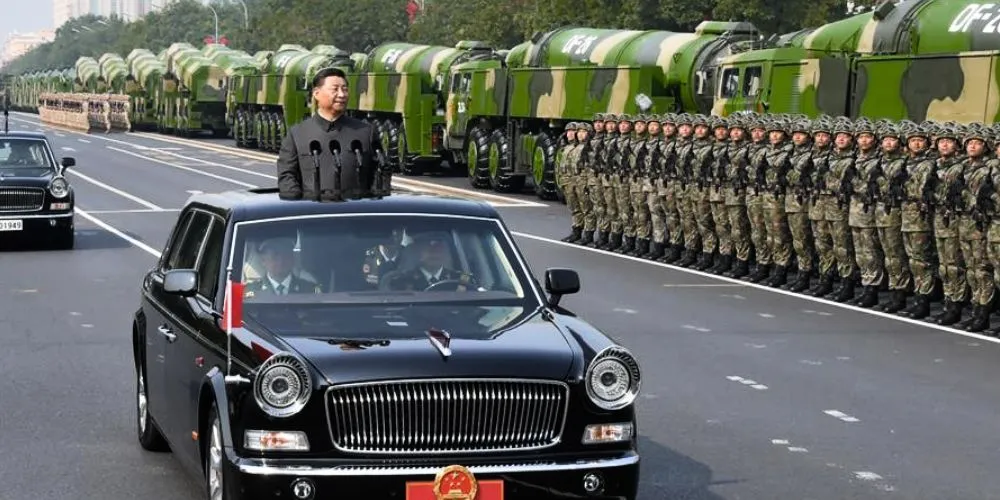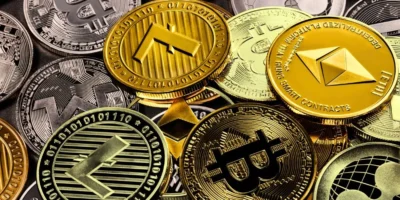Chinese President Xi Jinping delivered a stark message of global choice between peace and war during a massive military parade in Beijing on Wednesday. The event, commemorating the 80th anniversary of Japan’s defeat in World War II, featured an unprecedented display of military power and diplomatic alignment, with Russian President Vladimir Putin and North Korean leader Kim Jong Un in attendance as guests of honor.
The parade, a deliberate projection of China’s burgeoning military might and international influence, comes at a time of heightened geopolitical tensions, particularly given strained relations with the West, fueled by trade disputes and differing foreign policy approaches.
Xi’s address to over 50,000 spectators in Tiananmen Square emphasized the critical juncture facing humanity, urging a path of dialogue and cooperation over confrontation. He asserted China’s position on the “right side of history,” further solidifying the nation’s increasingly assertive role on the world stage.
The parade itself was a spectacle of advanced military technology, showcasing hypersonic missiles, underwater drones, and other cutting-edge weaponry, underscoring China’s rapid military modernization.
The notable absence of Western leaders highlighted the growing divide between China and the West. Former US President Donald Trump, in a Truth Social post, offered a contrasting perspective, highlighting the US role in China’s liberation from Japan during World War II, while also expressing skepticism regarding the intentions of the assembled leaders.
The Kremlin, in response, rejected accusations of conspiracy against the United States, suggesting that Trump’s remarks might have been ironic.
Beyond the immediate spectacle, the parade’s significance lies in its potential implications for future geopolitical alliances. Analysts are closely watching for signs of strengthened defense relations between China, Russia, and North Korea, particularly following a pact signed by Russia and North Korea earlier in 2024.
This potential shift in military alignment within the Asia-Pacific region could significantly alter the existing power balance and increase global uncertainty. The meeting also provided Kim Jong Un with a platform for implicit support of his controversial nuclear weapons program.












